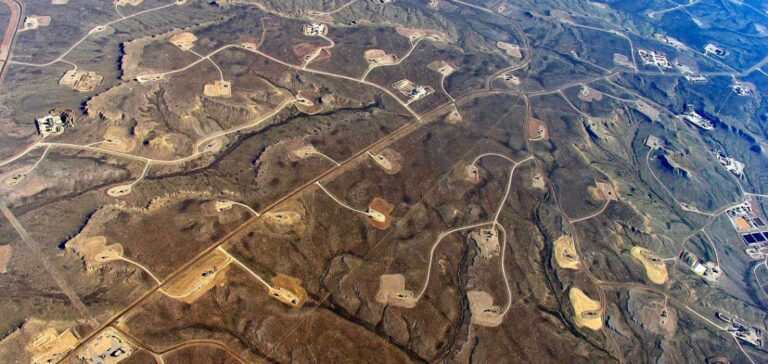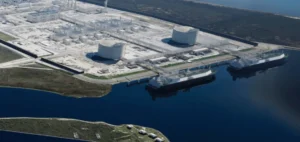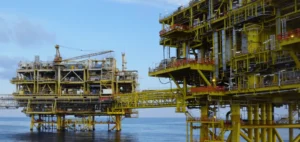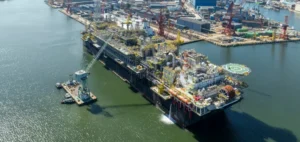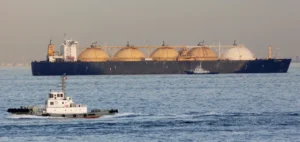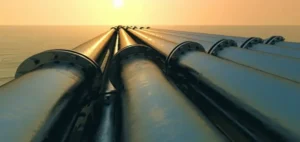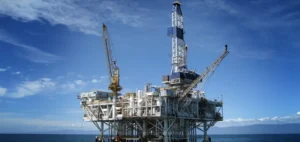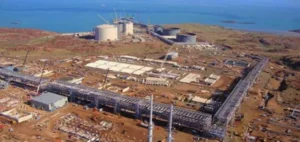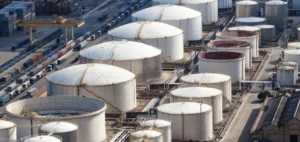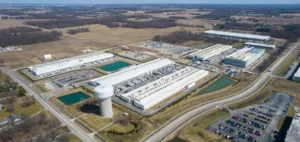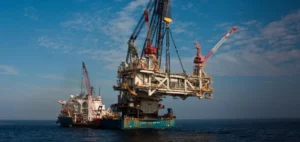Hydraulic fracturing, which has just been reauthorized in the United Kingdom to produce shale gas, is still a very controversial technology.
What is shale gas?
Shale (or bedrock) oil and gas are hydrocarbons trapped in very deep, low-porosity rocks (shale, clay, limestone, etc.) in which they are scattered.
This is an unconventional exploitation of natural gas dispersed at a depth of up to 3,000 meters.
There are other so-called unconventional hydrocarbons, such as coalbed gas (the “firedamp” from old coal mines) or tight gas, contained in very deep reservoirs that are difficult to exploit.
What is hydraulic fracturing?
This technique, mastered by the Americans, consists of “fracturing” the rock with a mixture of water, sand and chemicals projected at high pressure to release the hydrocarbons.
The drilling, which is initially done vertically, becomes horizontal where the gas is found. After drilling, the mixture of gas rises to the surface.
Why so much interest in this gas?
Since the early 2000s and the shale gas revolution, the United States has become a major exporter of natural gas, some of which is produced by hydraulic fracturing in this country.
These shale gases are making a comeback with the war in Ukraine and the drying up of Russian gas, which have pushed Europe to diversify their supplies to get through the winter, particularly by importing American gas in liquefied form (LNG).
France has banned the exploitation of shale gas since 2017, but not its import. In the name of its energy security, the British government has just lifted a moratorium on hydraulic fracturing, suspended in 2019 due to seismic risks.
What is he being accused of?
Environmentalists have long argued that hydraulic fracturing causes earthquakes and pollution risks for limited immediate energy production potential.
Shale gas is also accused of reinforcing a fossil fuel consumption model.
Hydraulic fracturing “will do nothing to alleviate the crisis (…) as it would take years before significant production occurs, with no impact on energy prices. Local communities in fracking areas will have to pay the double price of high energy prices and local pollution,” reacted Silje Lundberg, campaigner at Oil Change International after the UK government’s decision.
In the United States, where fracking is practiced on a large scale, much of the wastewater comes to the surface and is decanted into treatment plants. Another remains in the depths, at the risk of contaminating the water table.
The seminal anti-schist documentary, “Gasland,” showed a resident of a gas field setting fire to his tap water, although these incidents are more likely to be related to improper drilling than to fracking.
Note also the possible leakage of methane during extraction, a greenhouse gas that is 80 times more potent than carbon dioxide in terms of global warming potential during the first twenty years it is released into the atmosphere.
The use of thousands of tons of water for each fracturing is also in the sights of environmental associations.

